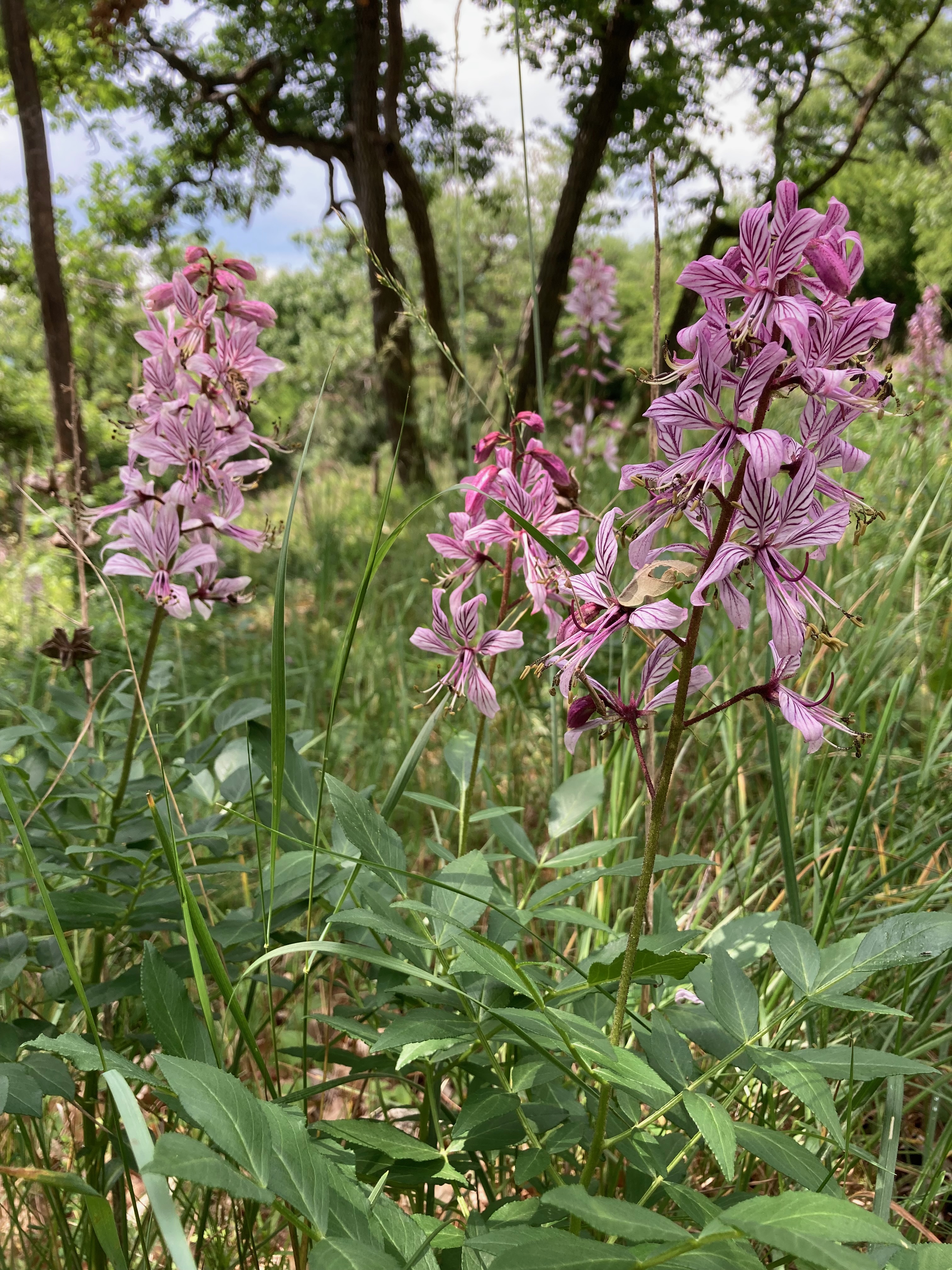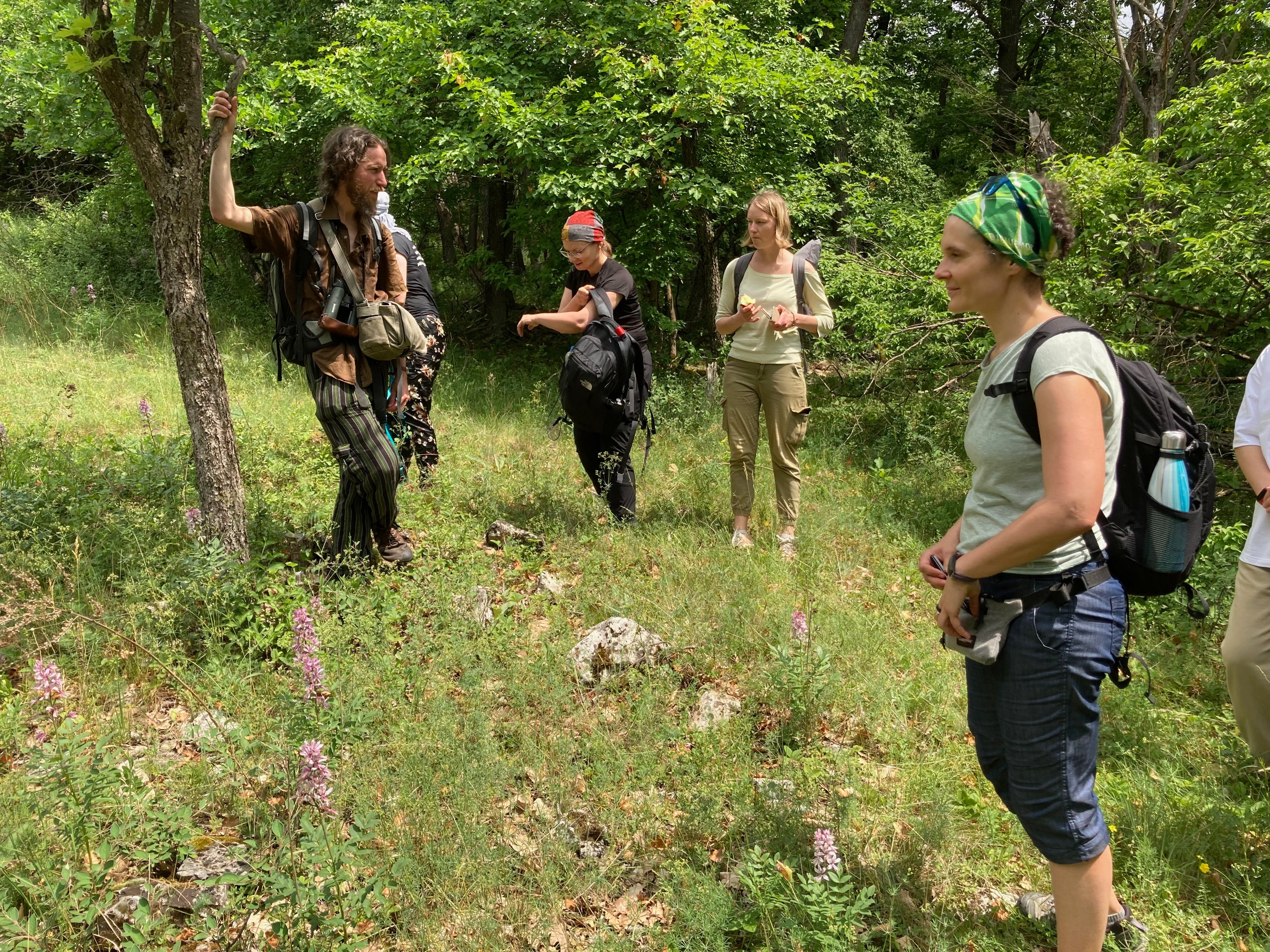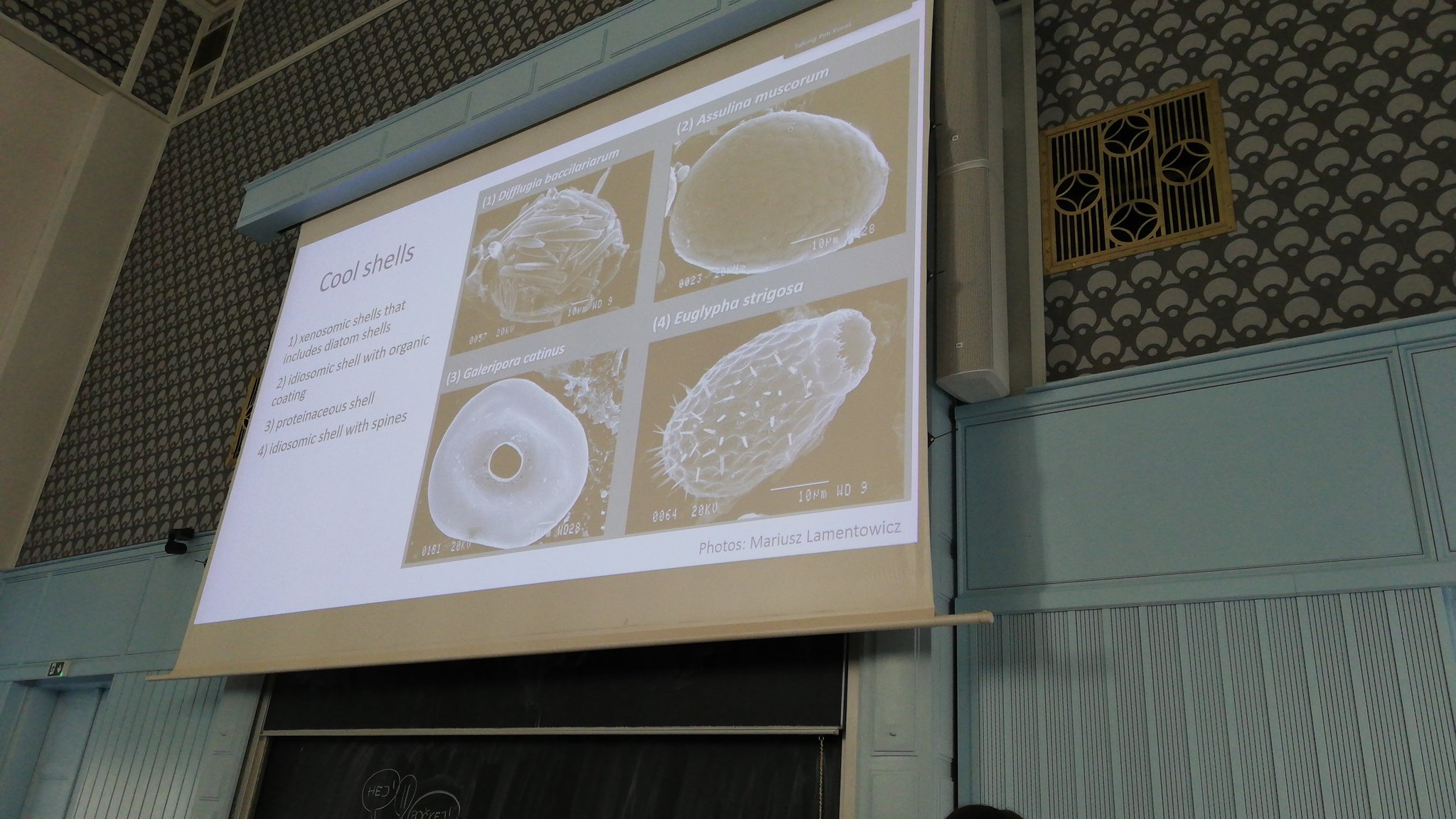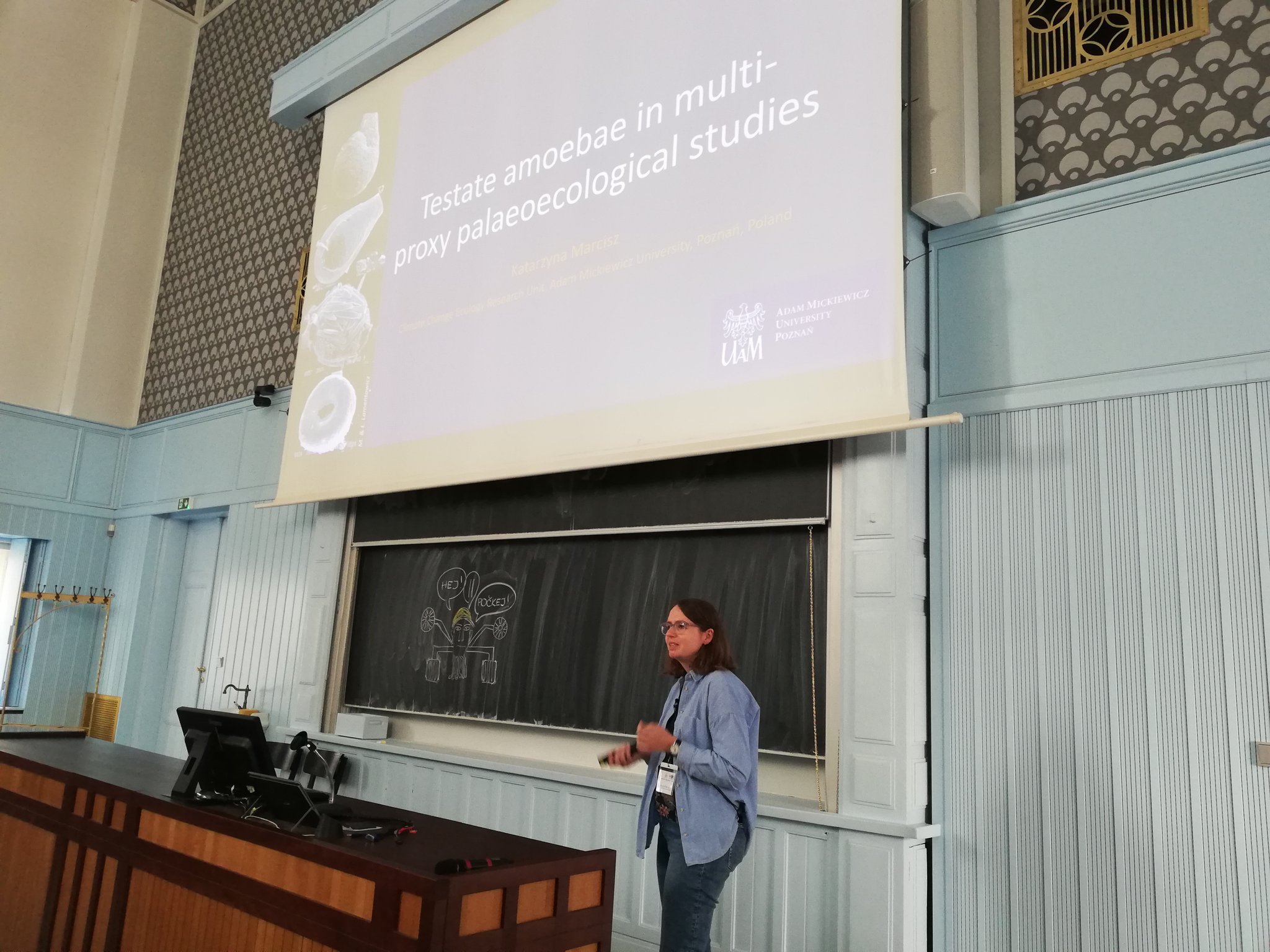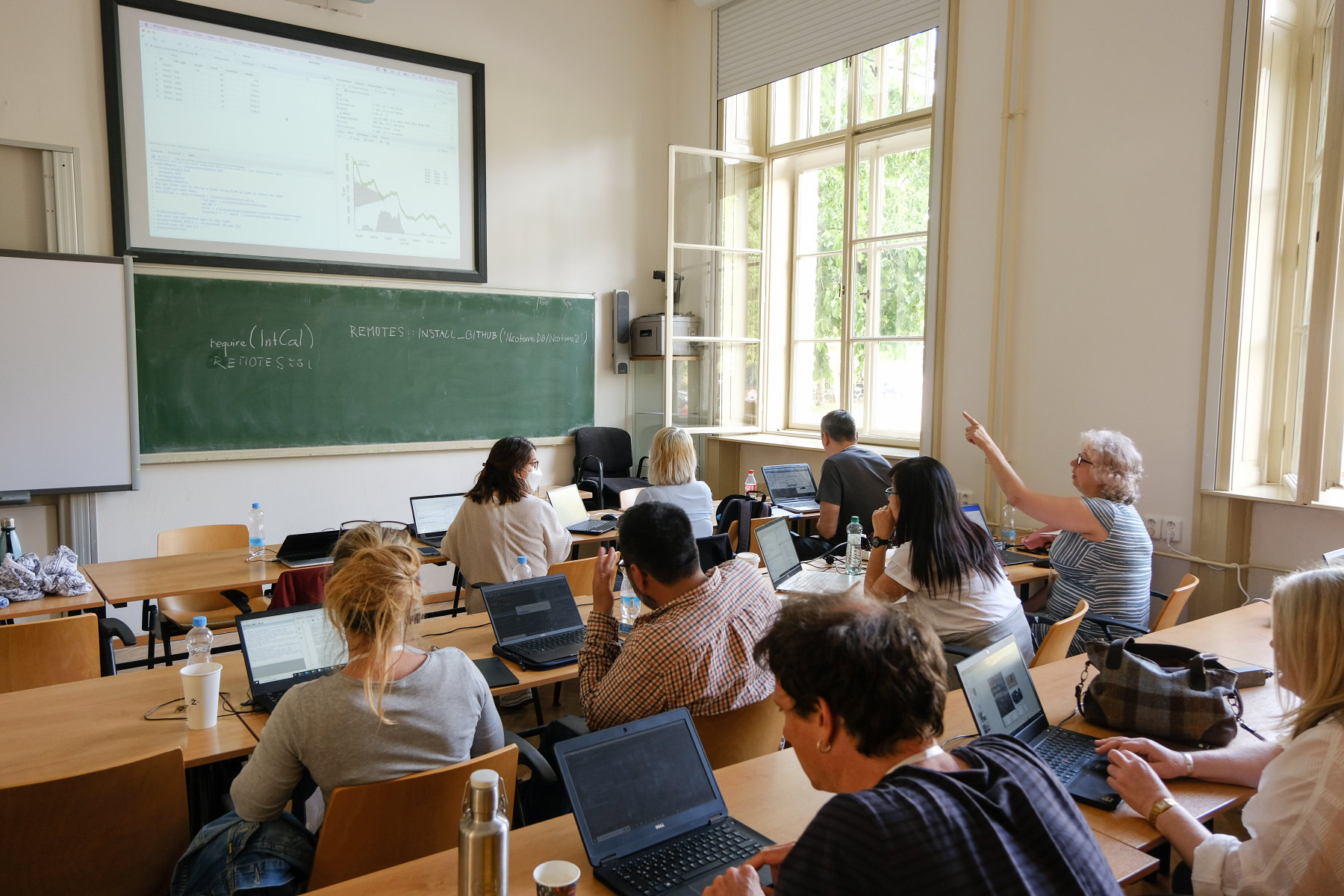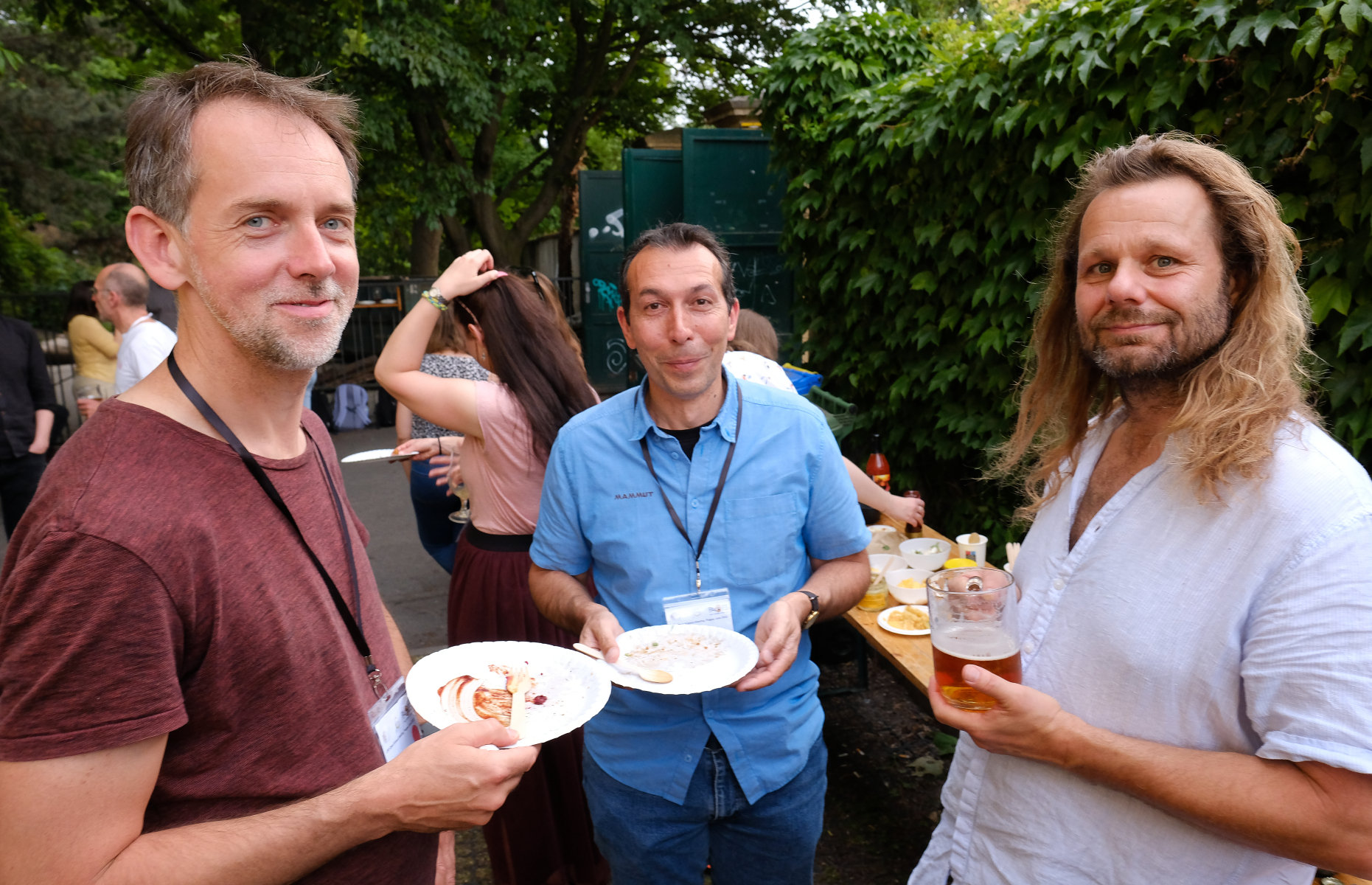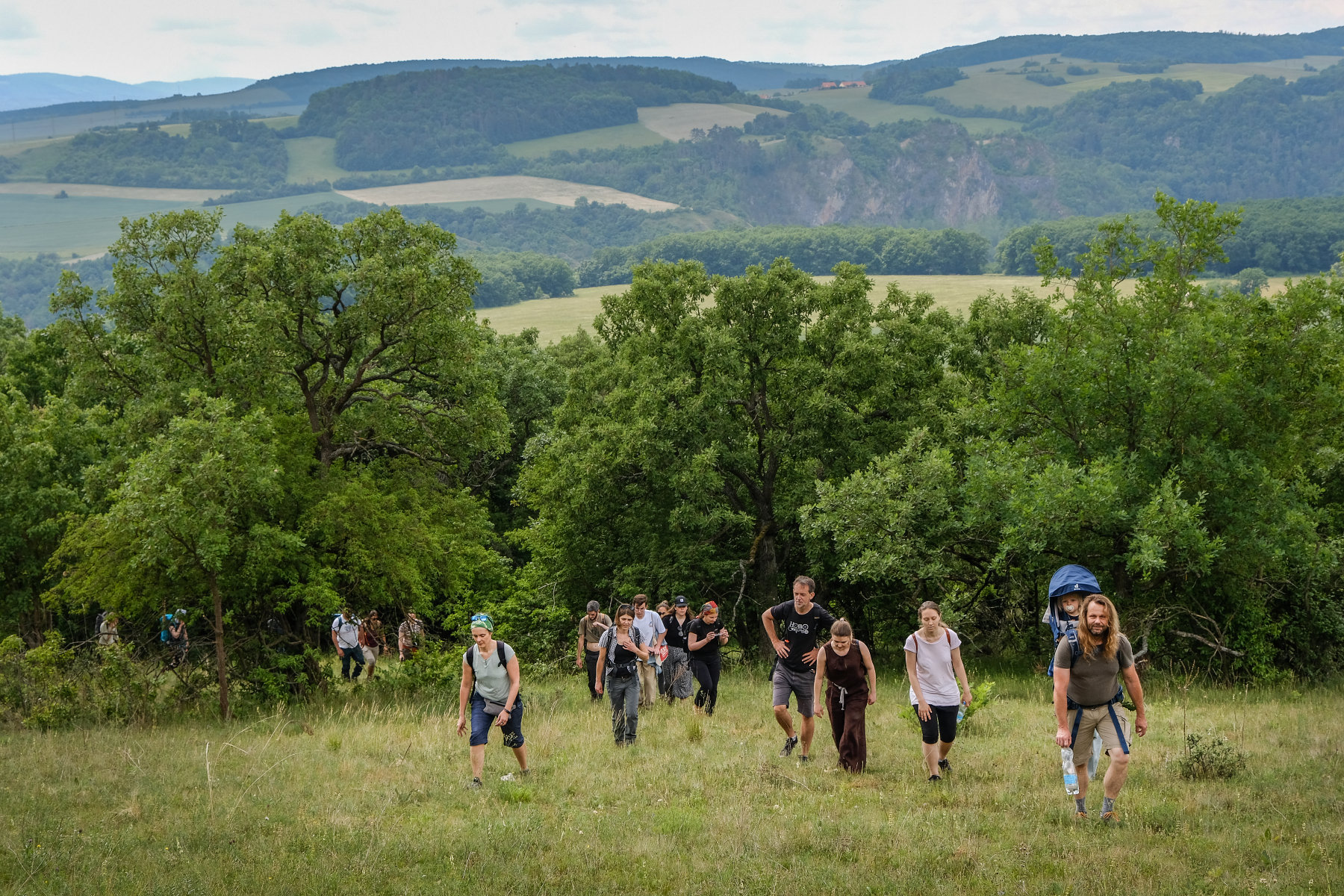
Location
Prague, Czech Republic. The event will be held mostly in person as we intend to provide training sessions for EPD users.
As especially young scientists have suffered the restrictions of COVID19, this meeting aims to help connect the community again.
Description
The EPD in Neotoma – new opportunities for data analysis with links to other proxy data. For this meeting we are inviting other communities with constituent databases already in Neotoma or where such a development would be feasible. This will help facilitate larger and more complex palaeoscientific analyses. But also here a critical first step is education and learning from each other.
Current global change is raising pressing environmental questions linked to biodiversity loss, primary productivity fluctuations, ecosystem resilience and the services these provides. In all these, vegetation plays a central role regulating global change processes. Therefore, addressing these questions implies having the best possible vegetation data across space and time scales.
In that regard, palaeoecological databases have become an important research tool to address questions on past ecosystem change on regional to continental and global scales. Pollen database initiatives were among the pioneers in making palaeoecological data FAIR where the EPD is one of the largest palynological databases in the world, storing data and metadata of fossil and modern pollen records from natural archives collected on or near the Eurasian continent. The EPD’s main goal is to develop an open platform to foster the scientific study of long-term palaeoecological records to address various of those pressing questions. One of the most relevant aspects of the EPD is its non-profit nature, managed and curated largely by a group of volunteers, the data are made freely available to the scientific community.
The EPD bridges the gap between data users and producers by empowering palaeoecologists and as a community, driven by common interest in answering research questions, we are also in constant need of finding interested scientists to join the team. With the move to Neotoma now almost completed we would like to reach out to other European palaeo-communities namely sedaDNA, macrofossils, charcoal and testate amoeba to learn from each other and explore how constituent databases could develop the in Neotoma.
Objectives
- We aim to reach out to the younger generation of palaeoscientists interested to learn about the EPD and Neotoma.
- We like to attract established researchers that like to share their knowledge and interact with the community. Here we like to encourage wherever possible (according to COVID travel restrictions) scientists from Eastern Europe.
- In addition we like to attract scientists representing related palaeoecological databases or interested in developing a new constituent database in Neotoma to join into interactions.
Key speakers
- Jack Williams
- Danielle Schreve
- Petra Hájková
- Elizabeth Dietze: “The future of the Global Paleofire Database”.
- Kasia Marcisz
- Jan Kolář
- Cindy De Jonge: “Biomarker lipids as temperature proxies: what are global calibrations hiding?”
- Inger Greve Alsos
- Thomas Giesecke
…and the list is growing!
Workshops
- Chronology-building using the EPD by Petr Kuneš and Graciela Gil-Romera.
- Tilia: individual sites and data upload by Michelle Leydet and Graciela Gil-Romera.
- Quantitative land-cover reconstructions by Martin Theuerkauf and Vojtěch Abraham.
- Neotoma R by Simon Goring.
- Non Pollen Palynomorphs by Lyudmila Shumilovskikh.
- CharAnalysis for R by Walter Finsinger
Registration
While there is no registration fee, the organizers need to know if you change your plans! If you have registered and realize that you cannot come or attend the BBQ please send an email to Michelle Leydet: michelle.leydet imbe.fr (michelle[dot]leydet[at]imbe[dot]fr)
imbe.fr (michelle[dot]leydet[at]imbe[dot]fr)
For more information
For more information, visit the website here: https://epdweblog.org
